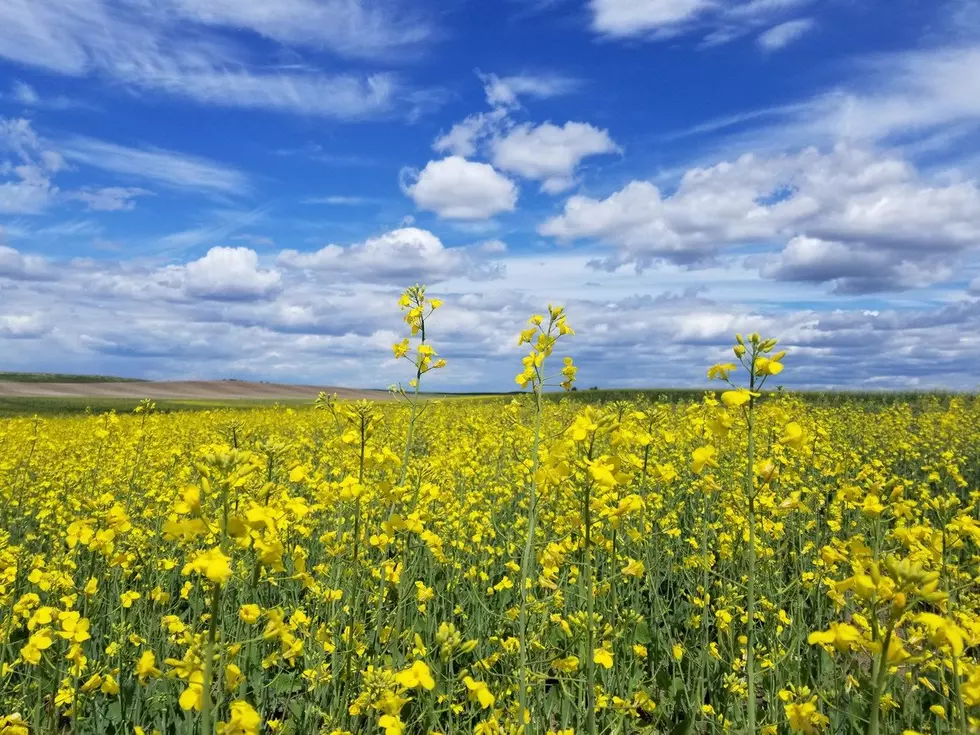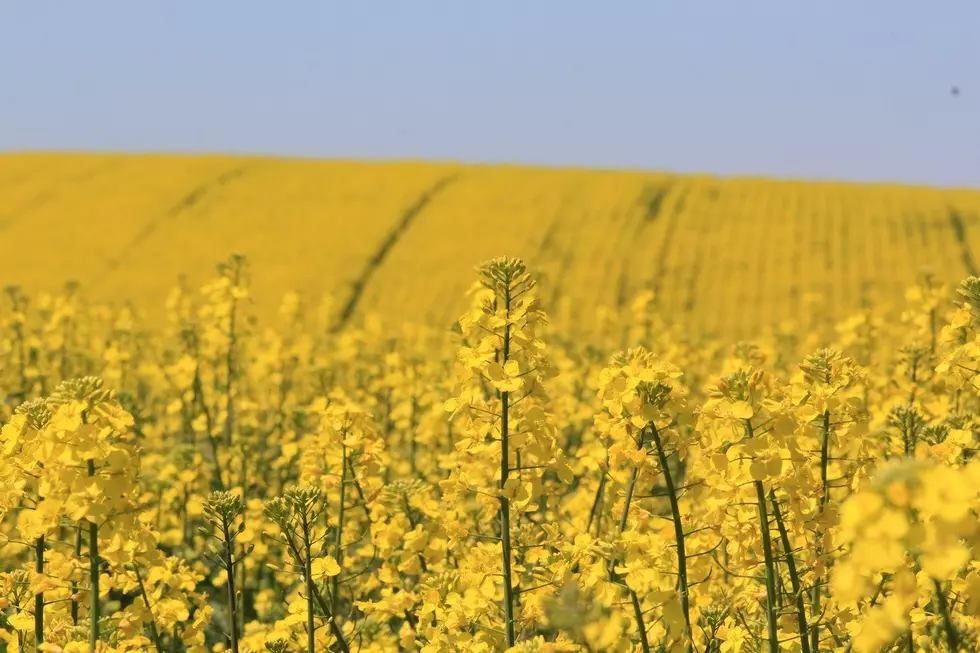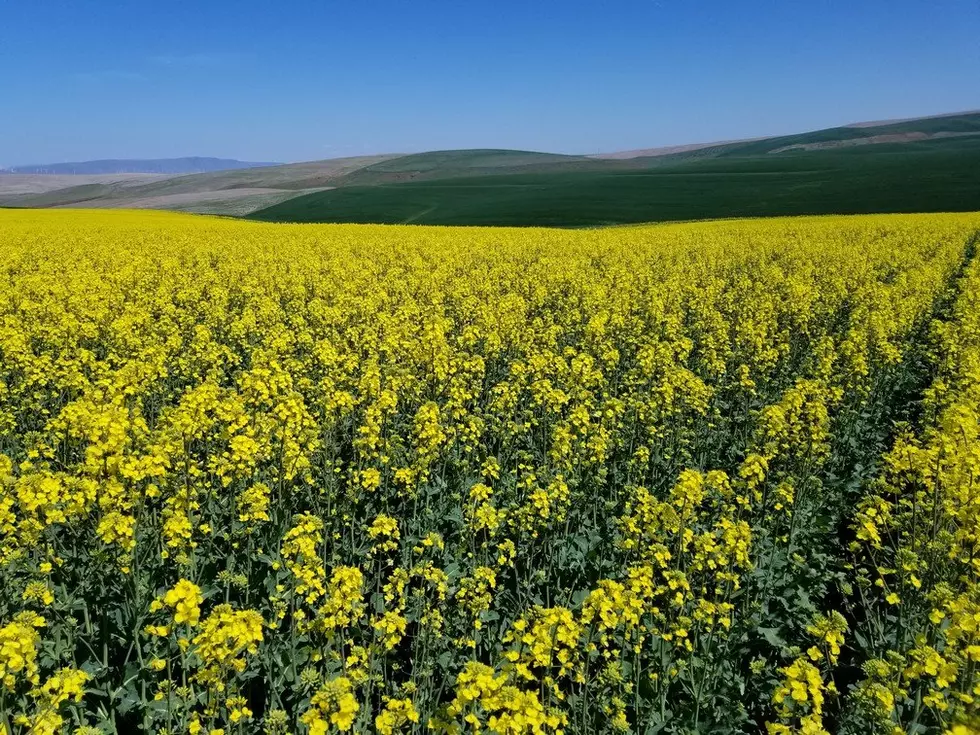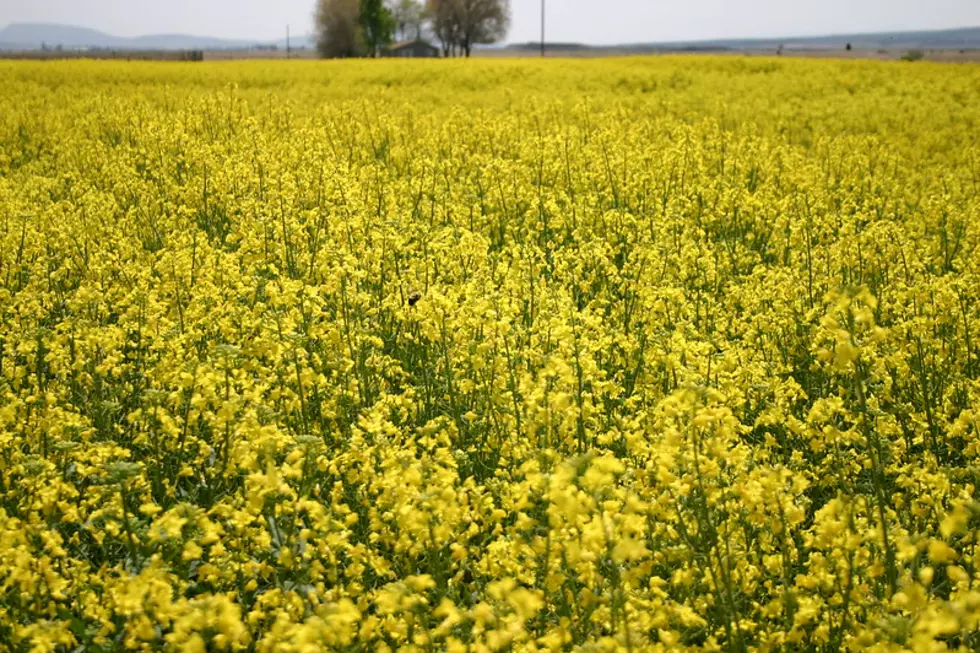
Black Leg Numbers Growing
Black leg came into the Northwest’s canola, turnip and other brassica crops in recent years and this spring WSU researchers found it in approximately 20 sites in Eastern Washington and crops in Northeastern Oregon.
That’s why WSU researchers are reminding growers to be diligently scouting for black leg in any of their brassica crops, particularly in the Columbia Basin to see if the disease has spread to there.
Growers of brassica crops do need to make sure they purchase their seed from a dealer who has certified it as black leg free.
If you suspect you have black leg, contact the WSU Pest Diagnostic Laboratory, or Rachel Bomberger.
If you have a story idea for the Washington Ag Network, call (509) 547-1618, or e-mail krounce@cherrycreekradio.com.
More From PNW Ag Network









